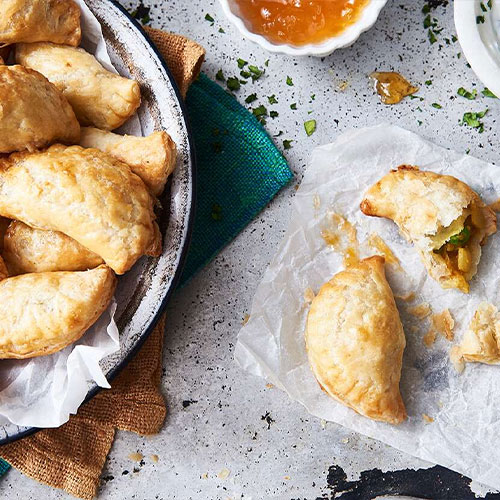Don’t Over Proof Your Bread
what is proofing? proofing is the stage where you let your dough rise after you finished shaping the loaves and before it goes in the oven. It is the stage of fermentation. If you don’t let it rise long enough, and put it
in the oven too soon, it is under proofed. in the same sense if you take your time and wait too long before getting your dough into the oven you have over proofed your dough.
What you need to remember is every minute the dough is sitting outside it is losing moisture. It doesn’t matter if you cover it up or with what you cover it up, the liquids in the bread simply evaporate. that’s the reason the dough
develops skin: because the moisture comes out while baking, making the outside layer firm and strong. So, make sure you’re not over doing it. regular simple bread usually takes about 3 (?) hours to proof, but feel your dough

2 Tips on how to keep the moisture in the dough during proofing or rising :
Use oil to trap moisture insdie the dough
Instead of covering the dough during proofing time, experienced bakers rub regular olive oil on the dough, creating a barrier between the dough and the oxygen in the air and making sure there is no contact between two and preventing
the liquids in the dough from evaporating.
Same goes with Puff Pastry which must be kept in and out of the refrigerator for cooling purposes. Each time before the dough enters the refrigerator, apply oil on the dough to prevent the liquids from evaporating at this crucial
stage.

Starch Can Help Your Crust Keep Moisture In Your Dough
In the middle of the proofing process, let’s say after about 90 minutes before you do your scoring, take a little bowl, pure some boiling water in it and then add a little starch, either corn or potato will do. Mix it together
(don’t let it be to too thick) and cool it down a bit. then take a brush and cover the dough with the starch fluids. the water will soften the skin of the dough and then you could score the bread without ripping it. the water
will keep moisture in the bread because what will evaporates will be the liquid on the outside, not the inside.

Will Adding Fats Like Oil Or Butter To Bread Make It Moist?
The short answer is no. One of the ways people say can help you achieve a moist bread is by adding fats to your mix. Fats, as you know, do not evaporate at the same rate as water. If you splash some oil on a scolding frying pan
it will take a lot of time until it evaporates. Do the same with water it will evaporate in mere seconds. As it takes oils and fats longer at a much higher temperature to evaporate you would think it would give you that moistness
you are looking for. This is not the case really, let me expand on it a bit more.
Adding to the recipe more fatty ingredients like milk shortening/margarine or butter can help a bit, but I have to be honest with you it ends up being a little tweak in the whole story. Fats will make your dough more fluffy with
an even air distribution in your crumb — but won’t really add that “moist” texture in your mouth you are looking for. Think of a muffin or a fluffy sponge cake and how it’s crumb or texture looks. Very small bubbles spaced
close together. That’s what fats will do NOT moisture.
Again, if you’re making a brioche, which let’s face it, has more butter in the recipe then flour, you will get a moist delicious bread, but it is also rich in sugars and eggs. When talking about regular whole wheat, rye, sourdough
bread, a little bit of fresh milk or oil will do more for the crumb than for the moisture. So you get my drift. The answer is no on the fats.
Ingredients That Will Help Keep Your Bread Moist

Whenever you choose to add special ingredients to your dough be sure to know that your bread will automatically be moist. For example, if you add raisins to your challah, consider that each raisin will release heat and create a
small cell or a hole around it that will be more humid.
This goes for all fruits in bread – the fruits are rich in liquids and you should consider it when creating the dough, that is, reduce the amount of fluid in the dough because the bread will already get the moisture by adding the
fruit.
Another example is the addition of feta cheese to the dough. Feta cheese has about 50% liquid in it. Although the cheese will evaporate completely and will not be visible to the eye, the fluid in the cheese will result in the formation
of small cells/holes of moisture in the bread. These kind types of breads are my favorite but they require an accurate calculation of moisture in the mix, after all, you do not want to end up with too wet and sticky bread
on your hands.
